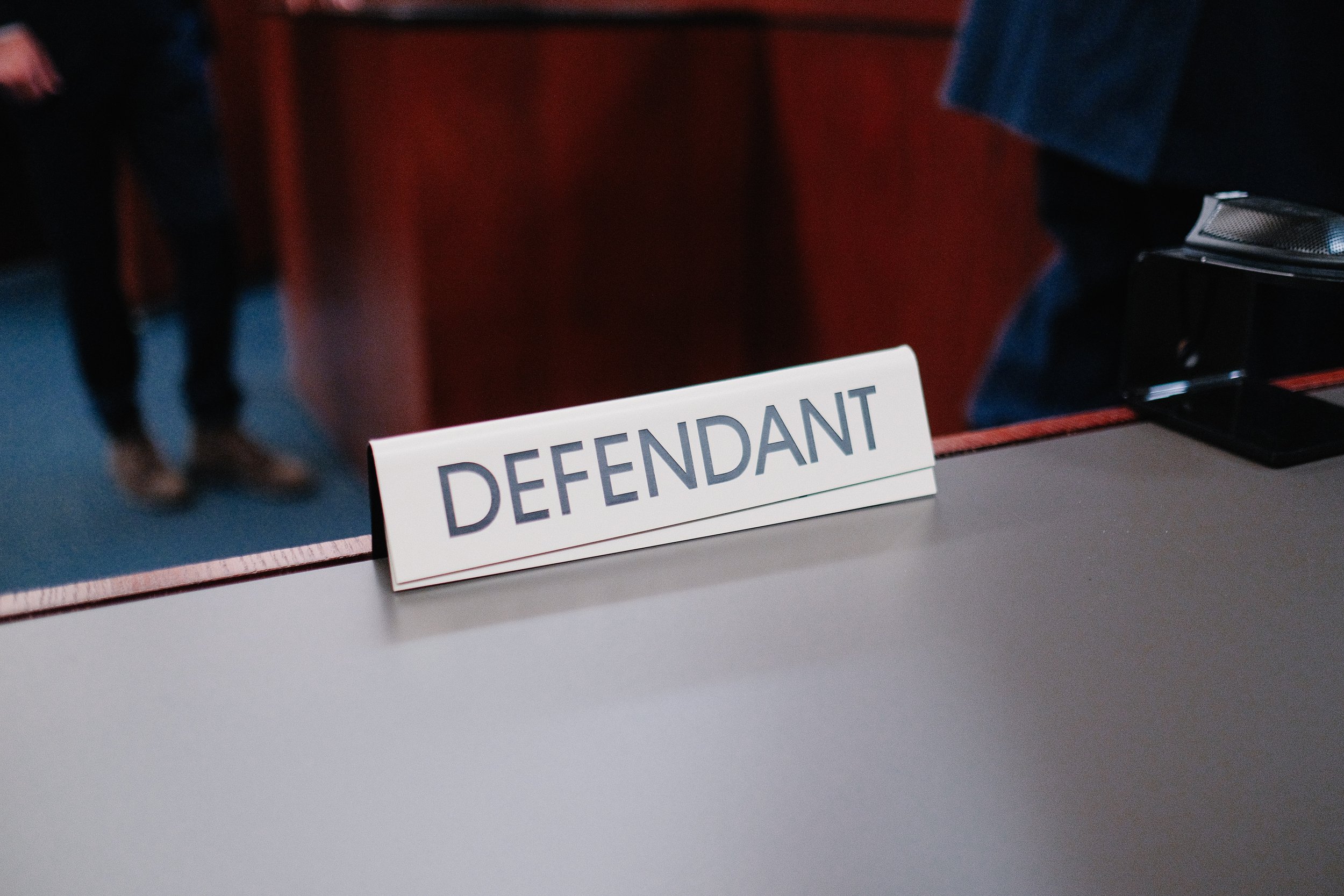Sexual abuse cases are sensitive and complex legal matters that often involve both civil claims and criminal charges. In the state of Oregon, as in many jurisdictions, it's crucial to distinguish between the two legal processes to comprehend the nuances and implications for the parties involved. For many sexual assault survivors, these nuances are often misunderstood. Many times the sexual abuse victim may think the District Attorney or Victim Witness is “their lawyer” and is acting to ensure their civil claim is protected. That is not the case. Every sexual assault victim should understand the following if they desire to pursue a civil claim against the wrongdoers:
Purpose and Parties Involved:
Civil Claim: Civil claims in Oregon for sex abuse typically involve a victim seeking financial compensation from the alleged perpetrator. The purpose is to try and make up for the harm caused to the victim through financial compensation. Civil claims not only involve the actual perpetrator but can also involve a person or entity that foreseeably caused the sexual assault to happen. There are countless situations where a corporation or the government may be responsible for a sexual assault. Some examples are: 1) Oregon DHS houses a child with a foster parent who did not perform a background check and the foster parent sexually abuses the child. 2) School Administrators ignore complaints a teacher is acting inappropriately around children, and the teacher later abuses a child, 3) A security guard or law enforcement officer sexually assaults a person while on duty,
Criminal Charges: Criminal charges, on the other hand, are initiated by the state of Oregon against the alleged offender. The primary goal is to punish the perpetrator for violating criminal laws and to protect society. They are limited to the actual perpetrator.
Burden of Proof:
Civil Claim: The burden of proof in civil cases is lower than in criminal cases. In a civil claim, the plaintiff must establish the defendant's liability by a preponderance of the evidence, meaning that it is more likely than not that the alleged misconduct occurred. This is much lower than criminal court.
Criminal Charges: Criminal charges require a higher burden of proof. The prosecutor must prove the defendant's guilt beyond a reasonable doubt, a significantly more demanding standard to secure a conviction.
Legal Consequences:
Civil Claim: If the plaintiff prevails in a civil claim, the court may award monetary damages to compensate the victim for physical, emotional, and financial harm suffered due to the sex abuse. The court can also award punitive damages to punish the wrongdoers for the harm that they caused.
Criminal Charges: A conviction in a criminal case can lead to various legal consequences, including imprisonment, fines, probation, and mandatory registration as a sex offender.
Initiation of Legal Proceedings:
Civil Claim: Civil claims are usually initiated by the victim or their legal representative filing a lawsuit against the alleged perpetrator. The victim is often seeking justice and financial compensation for the harm suffered.
Criminal Charges: Criminal charges are initiated by the state or federal government through a prosecutor who represents the public's interest. The victim may or may not be directly involved in the decision to press charges. This is a big distinction because the victim may have a civil lawyer and the District Attorney working on their cases at the same time.
Statute of Limitations:
Civil Claim: Civil claims for sex abuse in Oregon have a specific statute of limitations that dictates the timeframe within which a lawsuit must be filed. This timeframe can vary based on factors such as the age of the victim and the nature of the abuse.
Criminal Charges: The statute of limitations for criminal charges in sex abuse cases may differ, and it is essential to consider the specific details of the alleged offense.
Understanding the difference between civil claims and criminal charges in Oregon sex abuse cases is crucial for all parties involved. While a civil claim focuses on compensating the victim, criminal charges aim to punish the offender and protect society. Navigating these legal processes requires a nuanced understanding of the distinct standards of proof, purposes, and consequences associated with each legal avenue. That is why it is highly recommended that any sexual assault survivor consults with a lawyer with experience in Oregon Sex Abuse Cases such as Jeremiah Ross at Ross Law LLC. Please call 503.224.1658.










